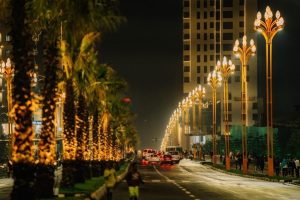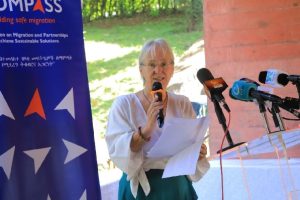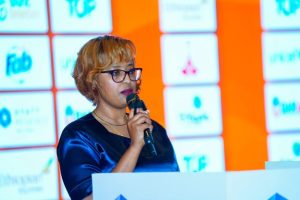
Ethiopia has scheduled to conduct national and regional elections a few months away. The elections to come are considered as a litmus test for the democratization process the country has embarked on since Prime Minister Abiy Ahmed came into office.
Concerned citizens and politicians are divided on whether the elections should be carried out as per the constitutional decree while a number of challenges remained unsolved. International organizations such as International Crisis Group have aired their advice to postpone them so as to thwart any possible post-election conflicts.
The government on the other hand is still defiant that the elections would take place. The National Electoral Board has actually set a tentative schedule that put the electoral date in the coming August.
As part of the on-going electoral preparations, members of the House of Peoples’ Representatives had recently held discussions with European Union election observers’ team over the upcoming Ethiopian elections. In the discussions, members of the House briefed the team about preparations for the upcoming elections and legislative reforms made all the way.
Deputy speaker of House of Peoples’ Representatives told the delegation that the government has full confidence that the elections will be held peacefully. She also explained how the government is working to maintain peace throughout the country owing to the fact that successful elections can be achieved only when peace prevails.
“The government is committed to hold transparent, free and fair elections. Experiences of EU’s observances team are very important to us,” Shitaye Minale, Deputy House Speaker told the EU observers’ team.
Shitaye stated that repressive laws like civic society’s law and anti-terrorism laws have been amended. She added that the Electoral Board was reorganized and chaired by an independent person, deputy chair and other leaders and experts. “The Human Rights Commission, the Ombudsman and other democratic institutions are being reorganized to have institutional independence.”
It is not just about amending proclamations and reorganizing democratic institutions, the most important thing is that political parties, other concerned institutions and the public have participated in the process, according to her.
With the objective of developing an electoral law that is free from executive influence, the draft law was sent directly to the House of Peoples’ Representatives instead of to the Council of Ministers, and the House approved it after conducting several debates and public hearings, she said.
According to her, the opposition political parties have also seconded on the appointed officials of National Electoral Board of Ethiopia. The board’s budget was submitted by the Board directly to the House which approved it without any reduction, she said. This is how the democratic institutions were made independent of the executive influence.
Chairperson of the House’s Foreign Relations and Peace Affairs Standing Committee, Tesfaye Daba, said that the full endorsement of the budget requested by the new Electoral Board is just an indication of the government’s commitment to successful elections.
He added that Chairperson of the National Electoral Board of Ethiopia, Birtukan Mideksa, and Commissioner of Ethiopian Human Rights Commission, Dr. Daniel Bekele are independent persons. “The appointment of these people shows the government’s commitment to democracy.”
The European Union delegation, which was on a visit to Ethiopia to review the situations before deploying its observers in the coming elections, said that Ethiopia’s reforms and preparations for the elections are good.
Loic Defaye, Policy Officer for Ethiopia, Tanzania and Uganda at the European External Action Service (EEAS) representing the EU Team explained that the team was also making an assessment on the peace and security in the country by travelling to some cities and towns.
He also noted that discussions were being held with concerned institutions and individuals on the observation of the upcoming elections. “Everyone should work responsibly for the maintenance of peace in the country,” he added.
The team told media that the explanation of the House members was satisfactory and helpful to prepare itself “if it would participate in the next elections” once supported by other assessment reports. Defaye said that the team was concerned by security issues, lack of awareness about the elections and hate speeches.
Chairperson of Foreign Relations and Peace Affairs Standing Committee on his part admitted some security problems in some areas, especially in the western part of the country. But, he added that the government has been taking all the necessary actions.
He explained about joint preparations underway by the defense force, federal police and national security to create a favorable environment for peaceful elections. With the widely-opened political space in Ethiopia, political parties with opposing views are freely airing their ideas to the public and media outlets are operating to reach the mass.
Hoping that a peaceful election will be held in the coming August, Shitaye urged the international and local organizations to observe “the historic elections.”
The Ethiopian Herald, Friday Edition, January 31/2020
BY ABDUREZAK MOHAMMED





